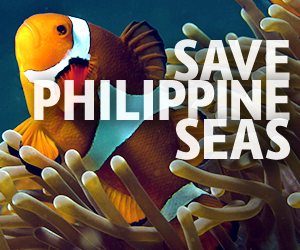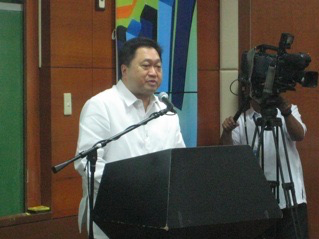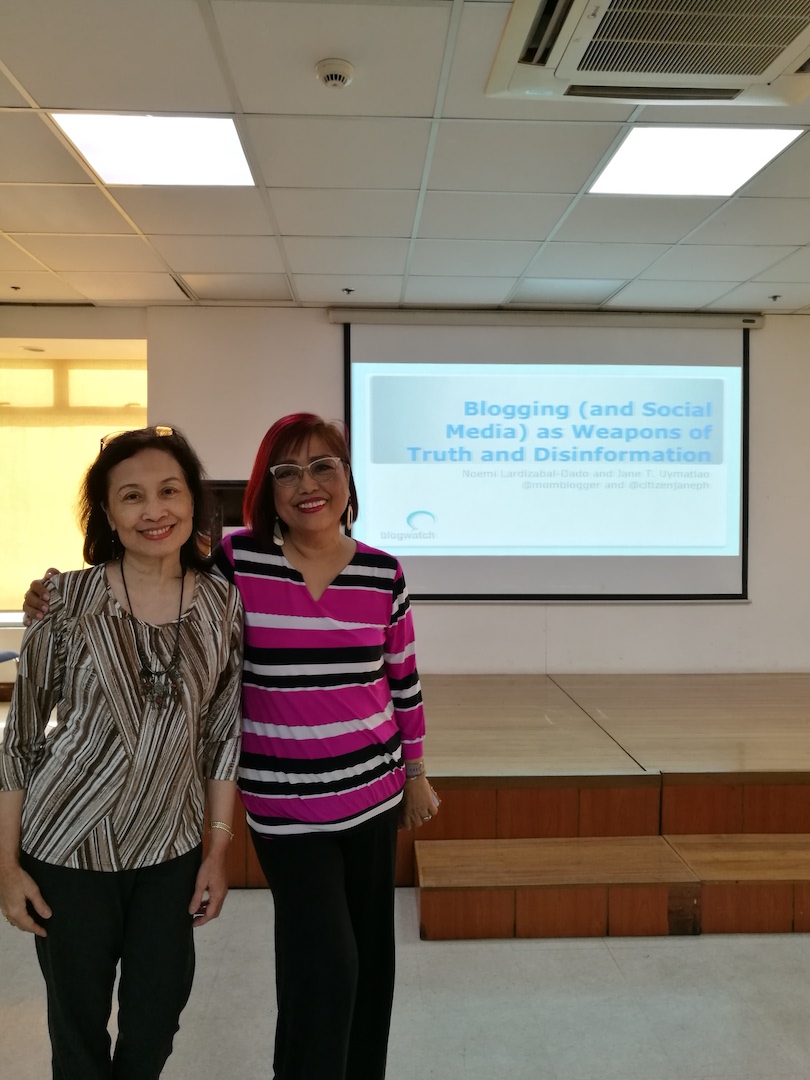The plunder of Philippine marine life
Update (May 28, 2011)– New estimate shows destroyed coral reefs 5X size (not twice as earlier reported) of Metro Manila. Join Blog Action Day on June 8 to save our coral reefs and seas.
A tweet on April 9 alerted me to check out the website Shell Horizons Inc, with its office address based in Florida., USA. @xxxriainxxx (Dave Ryan Buaron) a Filipino based in Vietnam tweeted, “US company selling Phils. corals WHOLESALE. This is ILLEGAL! http://bit.ly/hqDyvQ.” He followed it with another tweet saying, “@momblogger: Someone in my wall says “They are all exported with BFAR clearance. I have the list if you like.”..http://on.fb.me/fZt8Ti”
I was horrified to see large bundles of corals plastered over the website which describes itself as America’s “largest wholesaler of quality seashells and ocean products,” any of which are found in the Philippines, such as capiz shells. This discovery prompted me to write a short commentary on the business going against the Convention on International Trade in Endangered Species of Wild Fauna and Flora (CITES) of which the Philippines is a signatory. I felt it also violated Presidential Decree No. 1219 or “The Coral Resources Development and Conservation Decree,” particularly Section 5 of the law. Not only that, there are US laws to combat trafficking in illegal wildlife, fish and plants, specifically “The Lacey Act,” the oldest wildlife protection statute.
How did Shell Horizons Inc. get away with this?
I alerted Anna Oposa, whom I knew to be passionate about the environment to check on this.
Writing letters
Anna Oposa brought attention on the “plunder of Philippine marine life” through several letters to government agencies shortly thereafter, She cited the trading activities of the Cebu-based Orcullo Enterprises, which allegedly ships endangered species to the US-based company Shell Horizons Inc.
In her letter to Bureau of Fisheries and Aquatic Resources (BFAR) assistant director Benjamin Tabios Jr. dated April 11, she wrote that “[t]he company Shell Horizons appears to be collecting, exporting, and selling seashells, corals, giant clams, and other marine species from the Philippines.”
Anna wrote Shell Horizons about her concerns as well but there has been no reply yet. In fact after some blog articles came out about Shell Horizons, the company’s contact information replaced the “Philippines” with “Indo-Pacific Islands.” The issue also alarmed the militant fisherfolk alliance Pambansang Lakas ng Kilusang Mamamalakaya ng Pilipinas (Pamalakaya) who urged President Aquino to immediately “notify US President Barack Obama about Shell Horizons’ crimes against the Filipino people and crimes against the Philippine environment.”
Aside from BFAR, Anna also wrote letters to the National Bureau of Investigation, the Department of Environment and Natural Resources (DENR) and the Protected Areas and Wildlife Bureau (PAWB). What specific actions have these government agencies done between April 11 to May 11? BFAR replies were “Let me look into this” or “Let me check it out”. Utterly useless replies were relayed to Anna. Action was undertaken only after a massive smugglingattempt caught the attention of DENR when it became national news on May 25.
The crackdowns
Perhaps it was the letters to the Department of Environment and Natural Resources or the BFAR that prompted a series of crackdowns in the recent weeks. Suddenly, raids on illegal seashell trade appear in news reports. The Cebu Provincial Anti-Illegal Fishing Task Force initiated a series of raids to track down illegal marine activities in Cebu.
A raid in April led investigators to Orcullo Enterprises as the exporter of the seized items. Priscillo Orcullo, president of Orcullo Enterprises, confirmed that his company exports seashells to Shell Horizons but denied trading endangered marine species.
The boldest attempt to smuggle these endangered marine species happened last May 11. The Bureau of Customs officials “confiscated two 20-foot container vans loaded with stuffed marine turtles, black corals, and seashell.” The crime was described as “the rape of the ocean.” Consider that the loot recovered contained 134 bundles, or 21,169 pieces, of “sea fan” black corals and 15 bundles, or 196 kilograms, of “sea whip” black corals. On May 19, at least 168 sacks or 375 pieces of the endangered marine species identified by BFAR as “black sea fan” coral were seized in Cebu.
Ludivina Labe, a senior marine biologist of the Bureau of Fisheries and Aquatic Resources (BFAR) explained that “with 21,169 black coral pieces recovered, this could mean that the area harvested could be as big as 7,000 hectares, or an area almost twice the size of the city of Manila.”
Protection needed in this web of life
This illicit trade would not have been possible if there was no demand of the multibillion-dollar marine ornamental industry for exotic decorative species and the increasing popularity of coral-accented jewelry and fashion accessories. “Batman,” who commented in the Inquirer feature story, asks, “My BIG QUESTION is How come, making a harvest and RAPING a reef area of around 7,000 hectares has not been seen by the Navy, Coast Guard, local officials? This did not happen in one hour but in a prolonged period. Or, they simply chose to look the other way around. The people involved in protecting this area SHOULD also be included in the charge sheet for this illegal case — not only the traders and financiers of this heinous criminal project.”
Labe, in an interview with GMA News online, elaborated that “seashells are among the major players in this web of life She explained that seashells provide food, shelter, and protection from predators to other reef inhabitants. “[The] decimation or loss of seashell [populations] … would result in ecological imbalance.” Who will suffer in the end? “The population that will bear the brunt of it all is the primary consumers – humans,” Labe added.
An interesting discovery reveals that “scientists have been turning their attention to a vast, relatively untapped storehouse of promising new drugs: tropical coral reefs.” We have so much to gain by protecting this web of life.
The thought of our ecosystem disintegrating and images of dead turtles are truly heart-breaking. Anger is echoed all throughout facebook and Twitter. @edtquiocho cries out “what did coast guard, local government, DENR and PNP do before; filipinos, nature and humanity end with irreversible losses”
The government makes a move. DENR Secretary Ramon J.P. Paje “ordered DENR lawyers to start summary proceedings.” The suspects may be charged for violating the country’s Wildlife Resources Conservation and Protection Act (Republic Act 9147).
I believe further action needs to be addressed by everyone in the prevention of this illegal trade and the prosecution of the criminals involved.
1. DENR should consider the understaffed quarantine force brought about by the reorganization of the bureau under the Fisheries Code in 1998. “The Department of Budget and Management has not approved the hiring of new staff to fill the vacancies in the regional offices for quarantine officers, whose tasks include the screening of prohibited cargo.”
2. Check BFAR and other government units responsible in giving out clearances. BFAR has jurisdiction and responsibility in the exploration, exploitation, utilization and conservation of coral resources..
3. Make representations or coordinate with countries known to import illegal marine life from the Philippines to intercept these illegal shipments. The Global Conservation Act, should it be introduced, will support reefs around the world. DENR should contact US authorities about the illegal activities of Shell Horizon Inc.
4 Let us learn to identify black coral so no one will ever buy black coral products. Discourage demand for exotic decorative species and coral-accented jewelry and fashion accessories. Black corals are being sold in Denis Brand’s Coral’s and Sea Fan’s and Chou Yung Shin Enterprises Co.
5. Continue to monitor our marine life through hashtags #reefwatchpH in Twitter. Write, blog, talk , tweet about our precious marine life.
There is outrage in social media. We need to turn this outrage into something positive by working together and condemning these poachers and hold the relevant government units accountable. We can all do our share. As long as demand on our endangered marine life exists, these crimes will persist.



